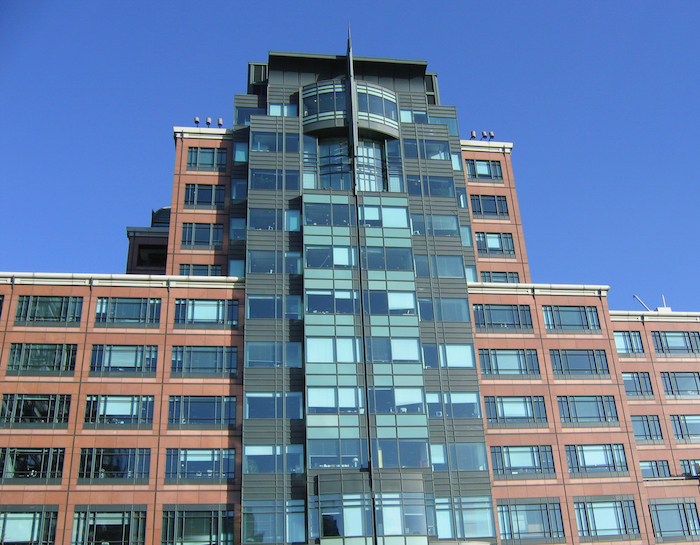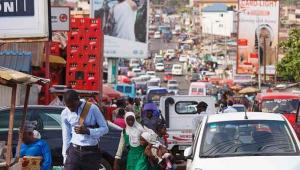EBRD_HQ_landscape.jpg

The EBRD headquarters in London
In its flagship Transition Report, the European Bank for Reconstruction and Development, which supports countries in building free markets and democracies, warned that high inequality and low inclusion – which can be a byproduct of the reforms it advocates – must be prevented if progress is to continue.
This year’s report, published today, referred to its 2013 predecessor, which found that in its member countries where change benefited only a certain few, “anti-reform populists” were able to take over and “build institutions of crony capitalism”.
These “opportunistic politicians” were able to prevent challenges from pro-reform parties by dismantling political checks and balances and suppressing freedom of speech and civil society, and put the country’s political and economic progress into reverse, it said.
Today’s report called on mainstream politicians to design reforms that do more than just deliver growth on average in the long run, and work to ensure the support of the majority at all times.
In a warning to many nations outside its remit, which covers Europe and Central Asia, it said: “This applies far beyond the EBRD’s countries of operations. Indeed, today many developed countries are also struggling with the appeal of populist politicians.”
Alongside the rise of figures like Donald Trump, events like the UK’s vote to leave the European Union and a global backlash against free trade, and global institutions, such as the International Monetary Fund, have called for a renewed focus on tackling inequality.
The EBRD said its member countries do not face the “job polarisation” or loss of high value jobs in exporting sectors endured in many advanced economies. However, it warned that, as a result of growth, many have also suffered steep rises in inequality and diminishing inclusion.
If this isn’t countered, the EBRD stressed, it can result in the reform process getting stuck or going into reverse.
Even in many countries where there was no evidence of increasing inequality, there was a perception that the gap between different facets of society is vast and wider than it had been before.
While incomes had risen markedly in the EBRD’s region since the 1990s, it noted that those in the bottom 23% of the income distribution were worse off than they were in 1989 and wealth was more concentrated among the rich than it is in comparable economies elsewhere.
As well as inequalities, the report found that people in the region’s post-communist countries born during the political and economic upheaval involved in transition were 1cm shorter than those born just before or after, illustrating the hardship endured as a result of dramatic change.
However, it also noted that they are now equally as happy as their counterparts elsewhere, including advanced economies, and better educated and more satisfied than their peers in countries that had fallen behind.
One caveat to the finding is that declining life satisfaction in developed nations like Germany has contributed to this “happiness convergence”.
The EBRD also published its economic outlook for countries in its region today. It expects growth across its member states to pick up in 2016 and 2017, to 1.6% (an increase of 0.2 percentage points on May’s forecast) and 2.5% respectively.
Depressed commodity prices, security concerns, geopolitical tensions and weak trade are affecting EBRD countries differently.
Both Russia and Greece are set to emerge from recession, it said, while south-eastern Europe as a whole is on the rise and central Asia, where commodities are key, is slowing down, alongside central Europe and the Baltic states.
Eastern Europe and the Caucasus will contract on the whole this year, driven by recessions in Azerbaijan and Belarus.













